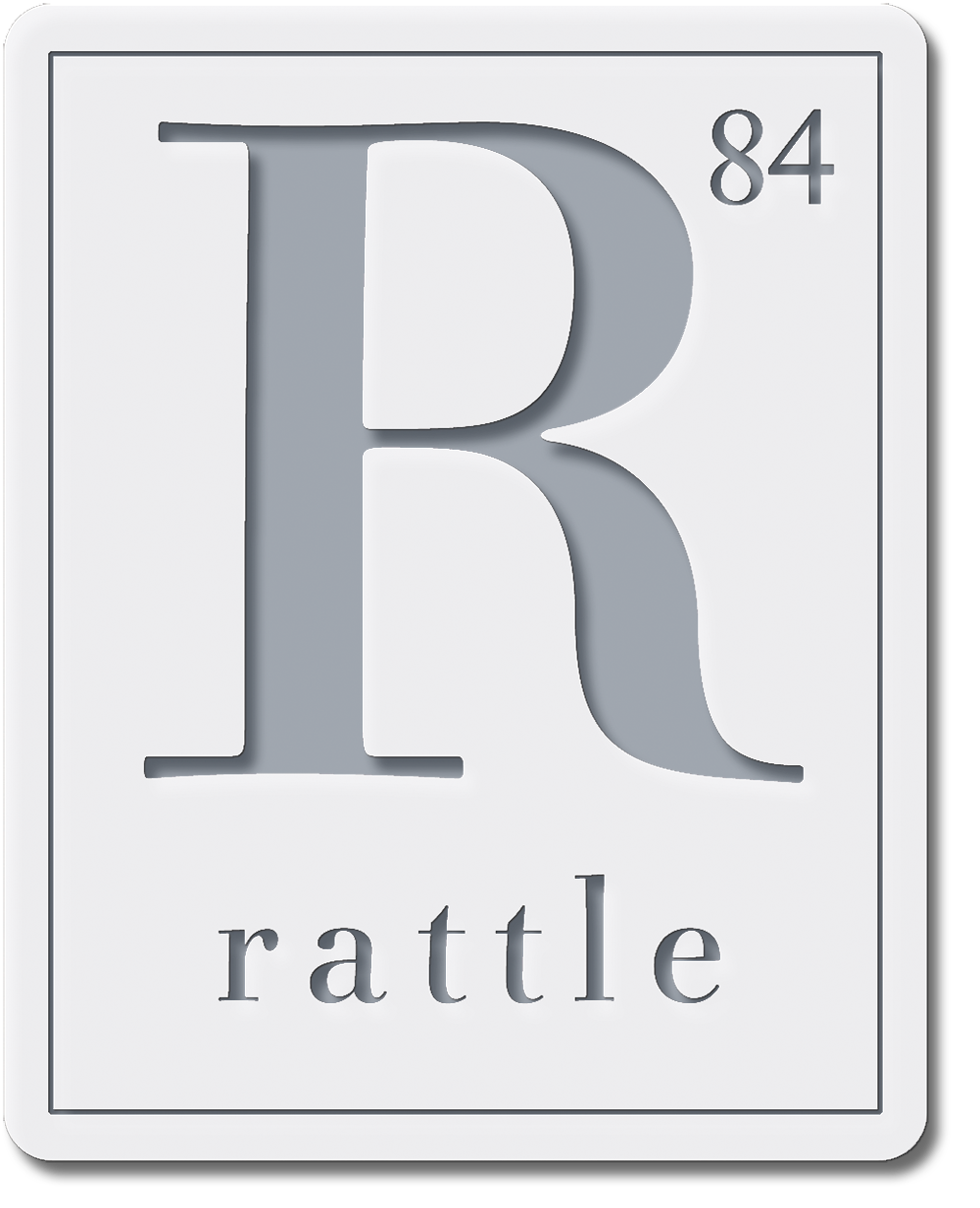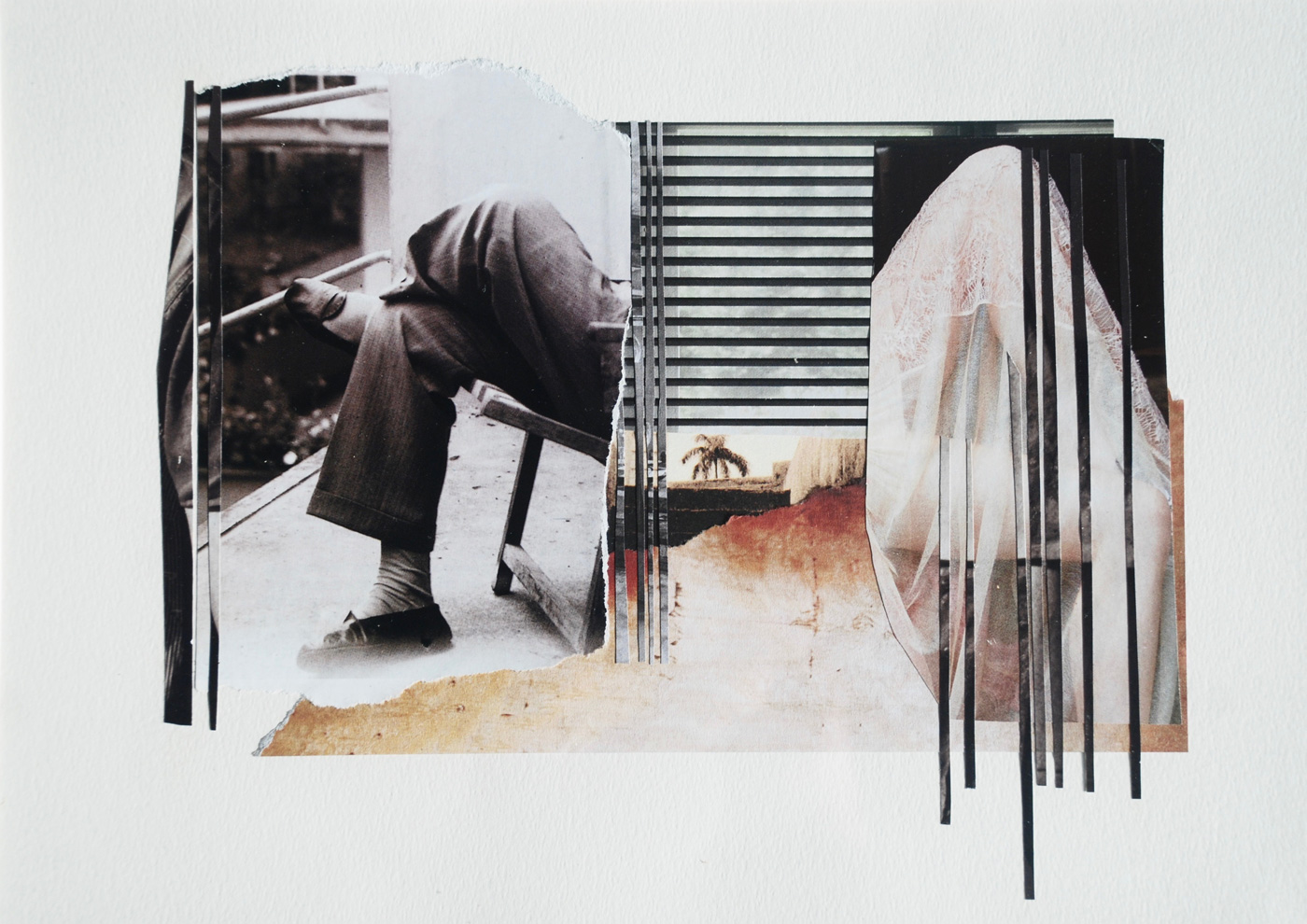February 14, 2021
Rattle is proud to announce the winner of the 2020 Rattle Poetry Prize Readers’ Choice Award:

Kitty Carpenter
Salem, Missouri
for
“Farm Sonnet”
The 2020 Readers’ Choice Award was selected from among the Rattle Poetry Prize finalists by subscriber vote. Only those with active subscriptions including issue #70 were eligible. “Farm Sonnet” earned 20.2% of the votes and the $5,000 award. Here is what some of those readers had to say about their choice:
Each of the nominated works gifted me poetic warmth. “Farm Sonnet,” though, took the lead for its last two lines which lit on a truth about love.
—Audrey DiPlacidoI like the simple straightforward language with its unforced rhymes and half-rhymes which support the gentle slide from memories of the mother’s strength and mastery sliding inevitably into the final years of her life when dementia led to a reversal in which she calls her daughter “mom.” The final couplet on the impossibility of love mastering the inevitable loss of death provides a fitting conclusion to the poem. It is an outstanding sonnet.
—Mark GrinyerIt is such a small, understated jewel of a piece, wrapped up perfectly by the form which is (as in the best sonnets) both intrinsic and invisible. It probably also for me benefited by being a quiet whisper in the midst of a large number of poems tackling BIG issues. But really, in this year of pandemic and lockdown, the basics of living and loving and losing feel like what we also need to be talking about, and aren’t.
—Melanie WrightSimple, beautiful images of the glorious past and the sad future. The story of human being life, parent’s strength, devotion to protect their children, pets and farm. Then comes fast, the aging process, weakness and dementia, vacant eyes that breaks our heart. Life passes fast don’t wait to tell the one you love that you love them.
—Houda BachourWhile its conceit may feel less culturally grandiose (with other entries expounding on experiences born out of the pandemic, gender identity, or racism), the subject sings within its form and within its quietness. And even while reading other entries, I couldn’t stop thinking about the final couplet: “The time we have’s still too short to master / love, and then, the hollow that comes after.” Like … WHOA.
—Chelsey Moore
To read “Farm Sonnet” and all of the other finalist poems, pick up a copy of Rattle #70, or wait until the April, when those poems start appearing online at Rattle.com.
Kitty Carpenter was the winner, but this year’s voters were divided, as they always are—each of the remaining poems received between 5% and 16% of the vote, and all of the finalists had their own enthusiastic supporters. Every year, it’s an interesting and informative experience reading the commentary. To provide a taste of that, here is a small sample of what our subscribers said about the other finalists:
On Beck Anson’s “I Admit Myself to the Psych Ward in a Pandemic”:
I’m impressed by Anson’s honesty about his mental health struggles, and I like how he places his personal pain within the context of the pandemic. We are, indeed, “all being controlled by something / we can’t touch or see.”
—Chuck SnoadThis poem is unforgettable to me. The way Anson weaves in the descriptive landscape and surroundings and uses this experience to reflect on something larger than himself is spectacular. In this poem, one goes on a journey alongside the poet. I was left contemplating life in a rich, thoughtful way. Amazing!
—Melissa Sussens
On Chaun Ballard’s “Survival Is a Matter of Perspective When”:
It is a thriller of a poem, causing me to hold my breath for fear of what might come next—a short story of survival, so cleverly told. I found myself going back to it again and again. Congratulations to all the finalists, but Chaun Ballard captured my heart. It inspires me to take more chances with my own writing.
—Mary MorenoThe way that the poem keeps a steady, slow pace, is self-reflective, self-referencing, and breaks and then returns to form combines to effect a masterful lingering of a moment—the mix of the beauty and pain, threat of violence, misunderstanding and recognition is incredibly strong and powerful. I am typically not a fan of longer poems, but in this one I love how much is gained in the long form, almost seeming to suspend time the meander of thoughts. It reminds me of the mastery of Woolf in capturing stream-of-consciousness, and he achieves this in a poem. I’ve admired Ballard’s work for some time, and feel each time that I read his work how thrilling it is to witness the emergence of a truly great and innovative poet.
—Freya Rohn
On Shelly Stewart Cato’s “Mega-”:
After much consideration, I had it narrowed down to this poem and “Army Memorial Service:Tikrit.” It was a struggle to choose because I know the feeling of losing friends in war from Vietnam. I finally decided on “Mega-” because of the specific details that wowed me throughout the poem. Whenever I am writing a poem, I always think, “Details, details, details.” And I have the Ezra Pound quote on my desk: “Make it new.” This poem fit both of my rules perfectly.
—Jimmy PappasThe visual details drew me in, and the poet-as-tour-guide transports us straight inside the megachurch, but I’m voting for the poem’s sardonic humor. Too few poems provide the laugh at life these times deserve.
—Tom King
On Skye Jackson’s “Spoon-Rest Mammies”:
Skye Jackson’s effort was the best of the bunch
I read it thoroughly thrice during one protracted lunch
Spoon-Rest Mammies, a reflection of these times
Social conscience versus prevailing capitalistic grime
Society should know better, but the dollar still prevails
The jingle in the pocket quips the rest can go to hell
One has to make a living, but self sometimes disguised
As inner turmoil boils with principles compromised
But the ending was quite fitting to this cautionary tale
Now, if all offending shops would follow suit as well
—Charles SartoriusIt’s so strong how everyday racism bubbles up like lava through the simple storytelling. The world and the characters and the things people say: The use of what is said and what is left unsaid is so masterful. The poem says to us knowingly, “You know how it goes.” I love that she gets to throw them out in the end.
—Liz Rizzo
On Gordon Kippola’s “Army Service: Tikrit”:
This is a brilliant sonnet. The sparseness of the description matches the somberness of the event. The rhyming is so perfectly done, never feeling forced. “Our ghost today is Private First Class Jones” sets the tone immediately. There is real respect shown at the same time as irreverence (“which made his ass go AWOL.”) The last line (The lyrics promise, “God is nigh. They’re wrong.”) is a gut punch.
—Karen MoultonIt stood out as the obvious choice for many reasons: the combination of gallows humor and respectful affection for the dead; the authenticity and maturity of the voice; the authoritative and light-handed use of accessible jargon; the deft execution of the sonnet form, which felt natural and unforced; the irreverent turn at the end. I also chose this poem for what it lacks: self-pity; solipsism; didacticism; melodrama; sentimentality; nationalism; overt, self-conscious patriotism; cliché. None of the deadly sins of light, inspirational, or populist verse are present. It’s masterful.
—Katy Balma
On Lance Larsen’s “And Also I Ran”:
My reason is simple: I can’t believe he did it. It’s a story almost impossible to tell—mechanically, emotionally, intellectually. Mr. Larsen’s poem leaves me feeling as if I’ve read a great novel. I am at once enervated and electrified, shattered and recovered and shattered again. And he accomplishes these things in a single type-written page, approximately. Magnificent. Lance Larsen’s “And Also I Ran” is why I am not normal. I refuse to miss this.
—Martin VestThis poem feels to me, as Rilke said about a good poem, that it was “sprung from necessity.” In every line, I sense the urgency and the authentic rush to get it down. The poem beautifully balances thought, feeling, and imagery. There is also the balance of order and wildness in the language. Surprising turns all the way through. Sorrow and gratitude and a terrible wonder. Anger and relief at fate. This poem is accessible, but the psychological/emotional territory is complex. There is plenty of physical detail to ground the poem as it explores emotional, psychological, and spiritual matters of a tragic incident. There is love.
—Susan Browne
On Jessica Lee’s “Greener Pastures”:
Aside from my general personal preference for prose poems which tell a story, it was Ms. Lee’s brave and “no holds barred” effort in showing nature’s commonality and equality between the genders, which have been squeezed and pushed into religious and secular forms deemed “appropriate” by ignorance, which ultimately garnered my vote. Poetry, like life, isn’t always comfortable.
—Joseph RidgwayI am female and was born in 1938, well before women were anything else but nice partners for well-earning husbands who would be made happy if they received a washing machine for Christmas and opened their legs when required. I am so very much there with Jessica Lee and my whole being understands that poem.
—Rosmarie Epaminondas
On Austen Leah Rose’s “Dear Husband”:
From the center of a dark star to the spark between two mirrors, Austen Leah Rose’s poem left me wanting to read it again and again, and each time I discovered something I wanted to know or understand. That’s my favorite kind of poem … one that leaves me with questions, not answers.
—Kate MarshAs good as the other nine are, this poem is for me unquestionably the best. My response to it was immediate. While the other poems relate experiences, this poem is the experience. It defies paraphrase. It lives in a world created by language. When I turned to the contributors notes, I was pleased but not surprised to see a reference to Rilke. There are many rooms in the mansion that is poetry, and it appears that this poet and I like to hang out in the same room. This is a poem I will enjoy reading again, a poem which will perhaps have me rethinking my own response to Rilke. And it makes wonderful use of white space. White space, like silence, the frame in which a poem exists.
—Meryl Stratford
On Alexis Rotella’s “Empty Souls”:
This moving, prose poem, which is interspersed with Japanese or Buddhist inspired lines, beautifully conveys the traumatic overload that we are facing in the world with the pandemic, the climate crisis, racial injustices, and challenges to democracy. The poem conveys how as a society, we have very little room to empathize with others, due to sheer overwhelm. Practicing spirituality, such as Buddhist principles of emptiness, as well as conveying pain through poetic writing, are antidotes to staying connected and healing from trauma.
—Catherine KarnitisI think it is the best choice because its effective use of the unusual form, the haibun, made it stand out from the other finalists. For a haibun to be successful, the title, prose, and haiku must all work together to create a whole. The haiku must be of exceptional quality, that is, not rely on the prose for meaning, but instead evoke a deep emotional response in the reader. “Empty Souls” meets all my criteria for a quality haibun. I was there, at the airport, on the plane, at the dinner party, and even at the qi gong class. The final haiku is absolutely stunning and leaves the reader with a bittersweet longing for the world to be as it should be, rather than as it is.
—Roberta Beary






You must be logged in to post a comment.